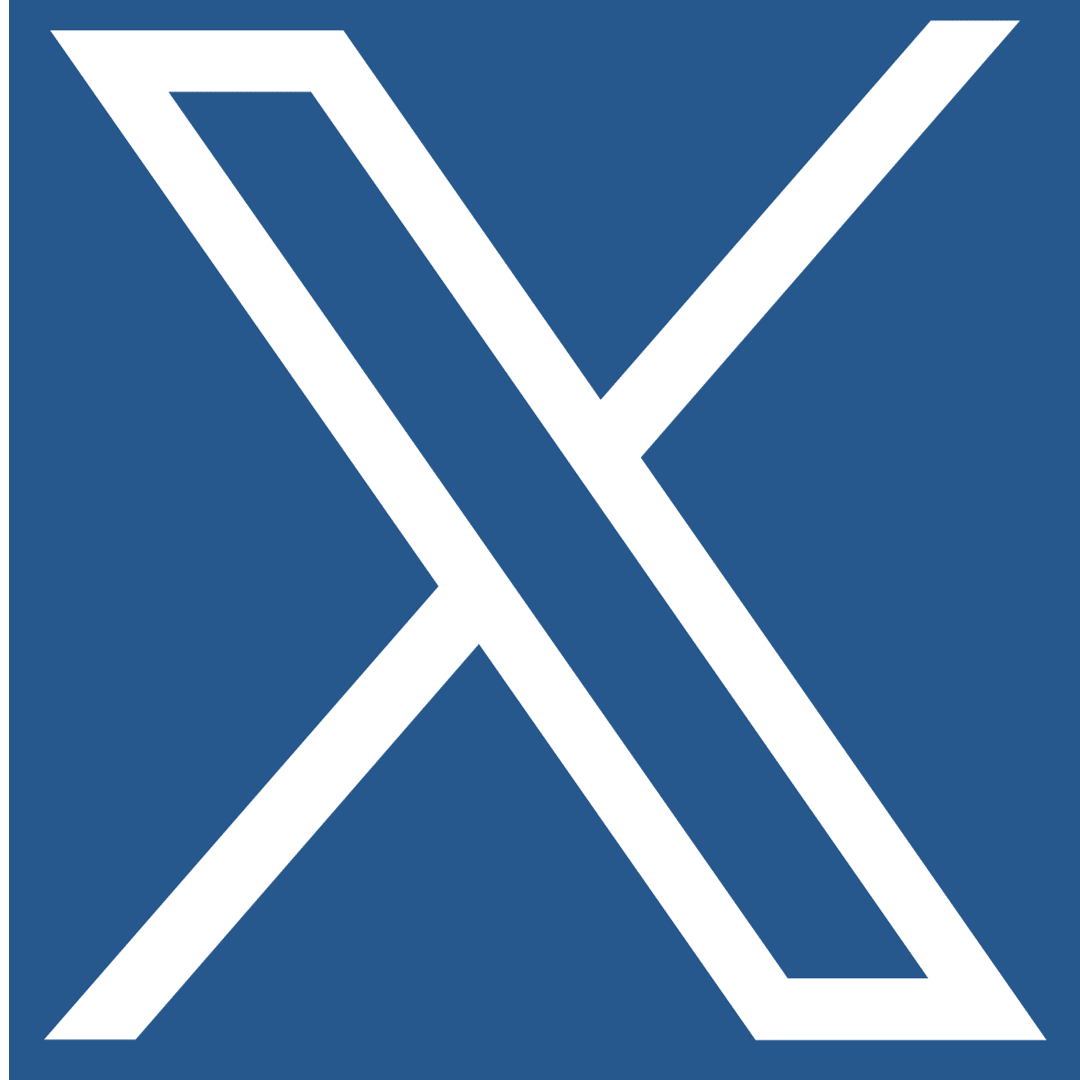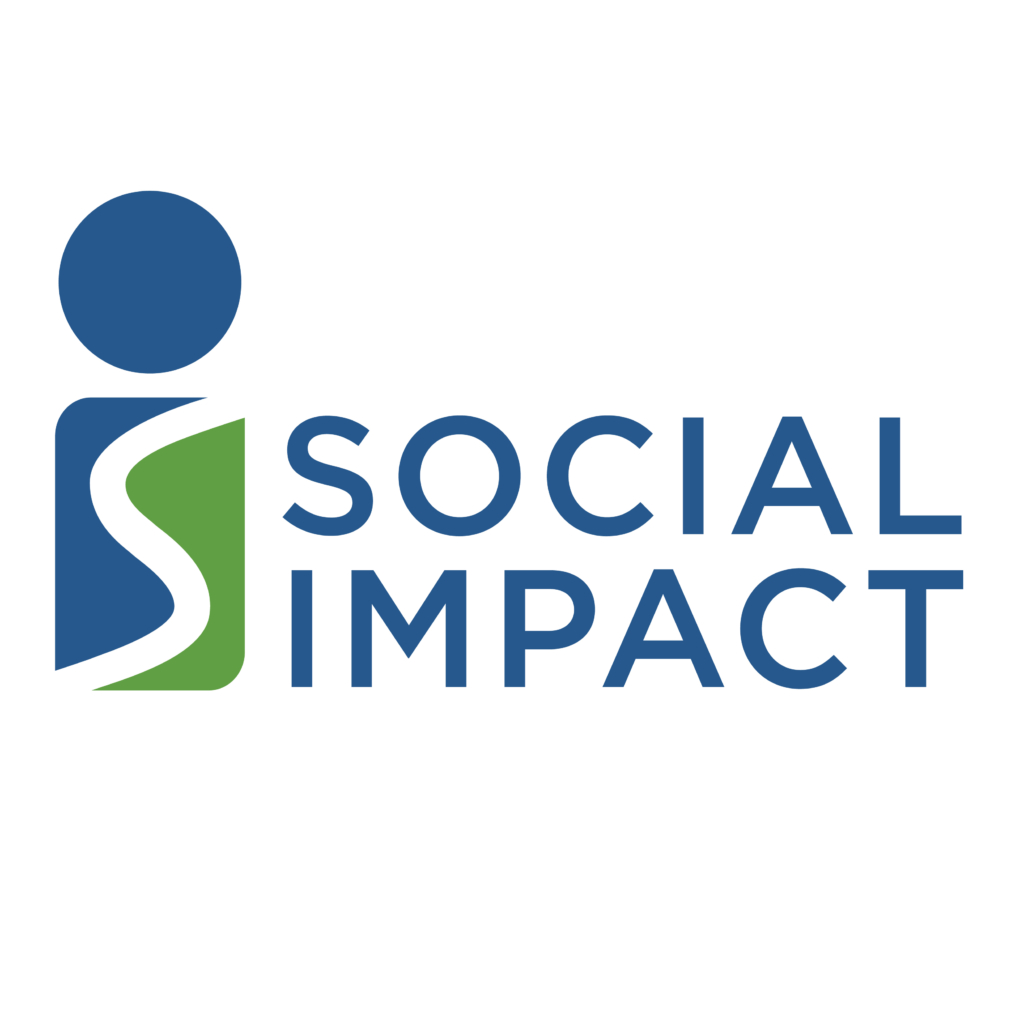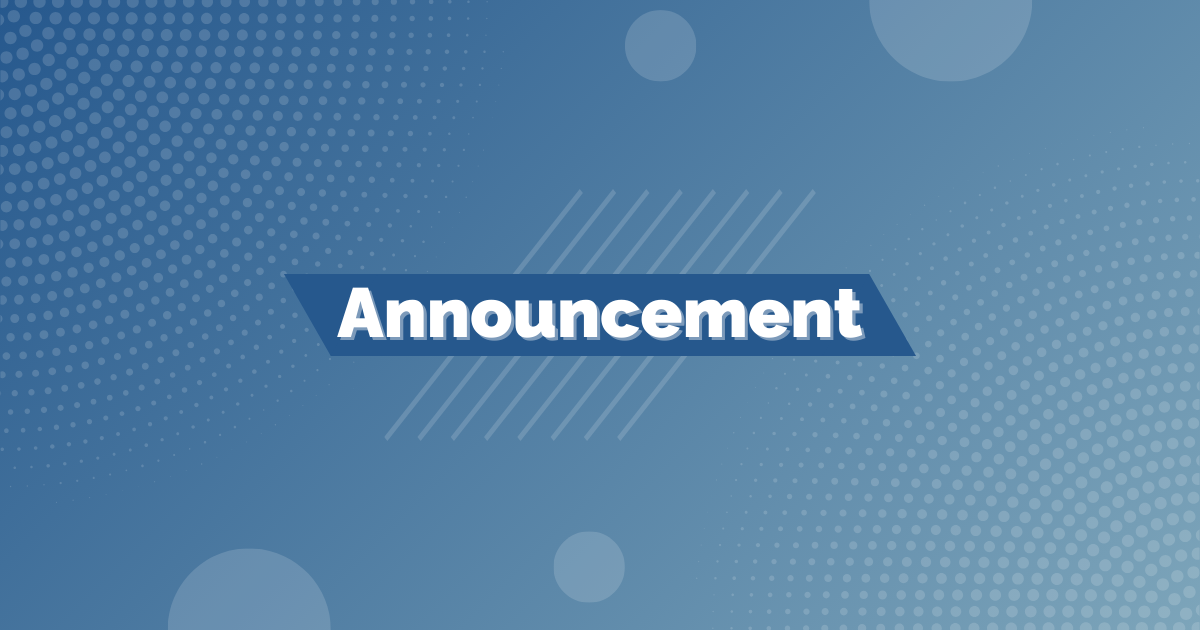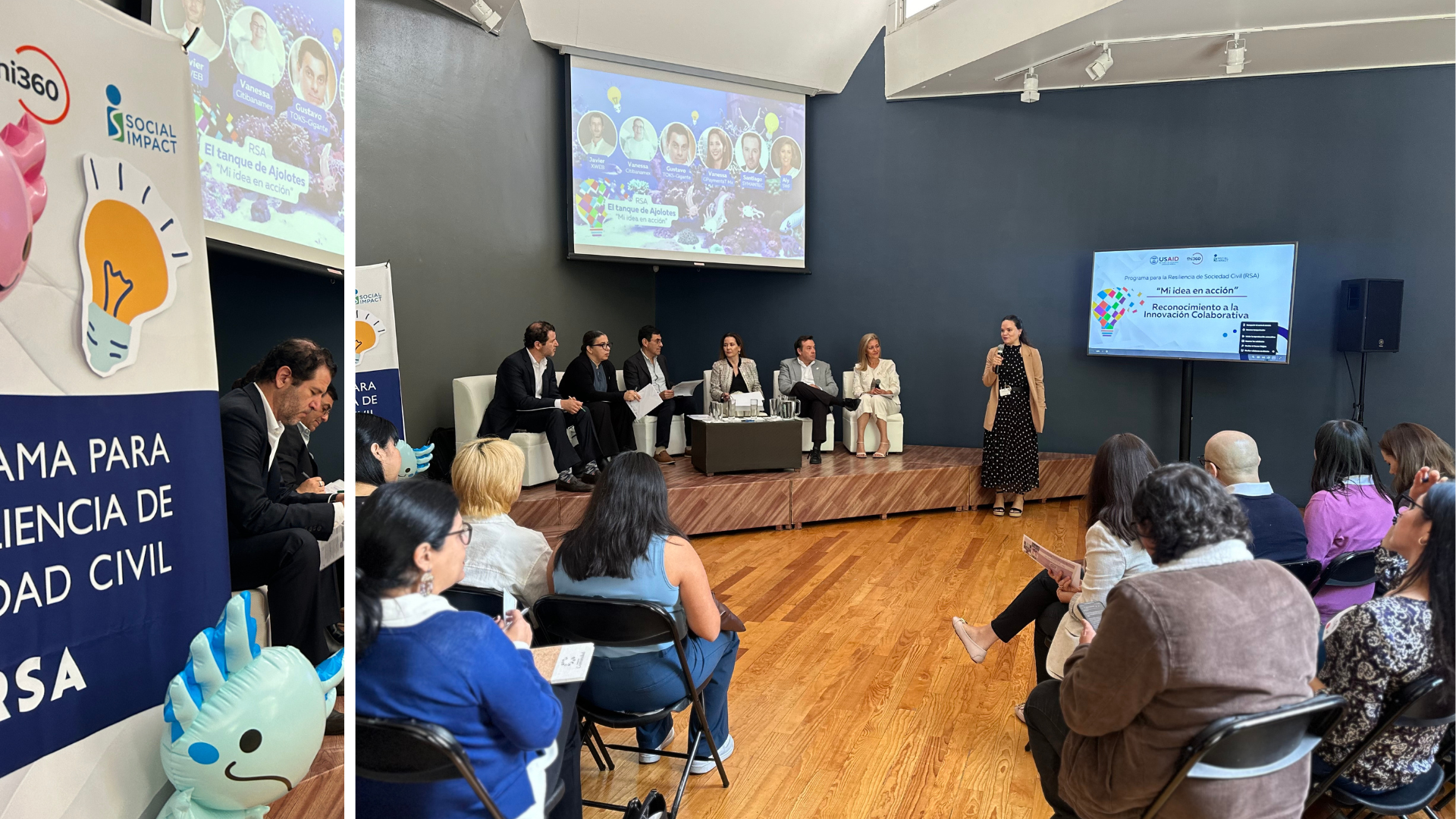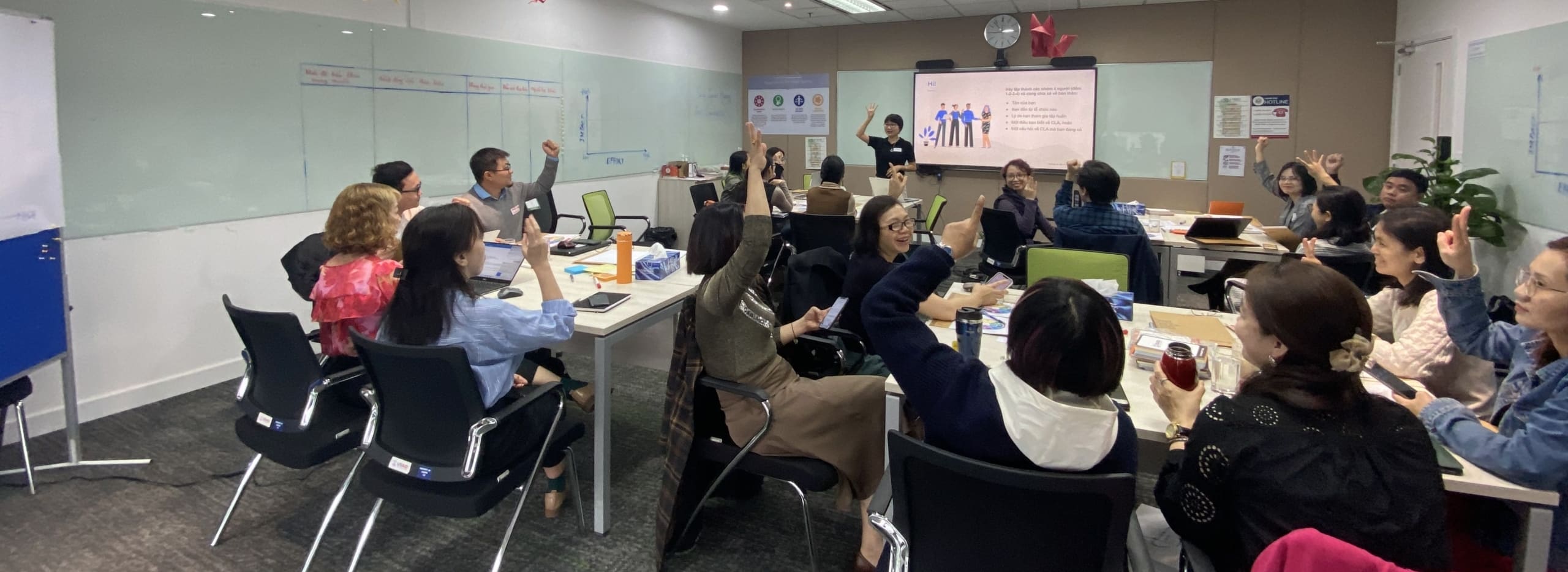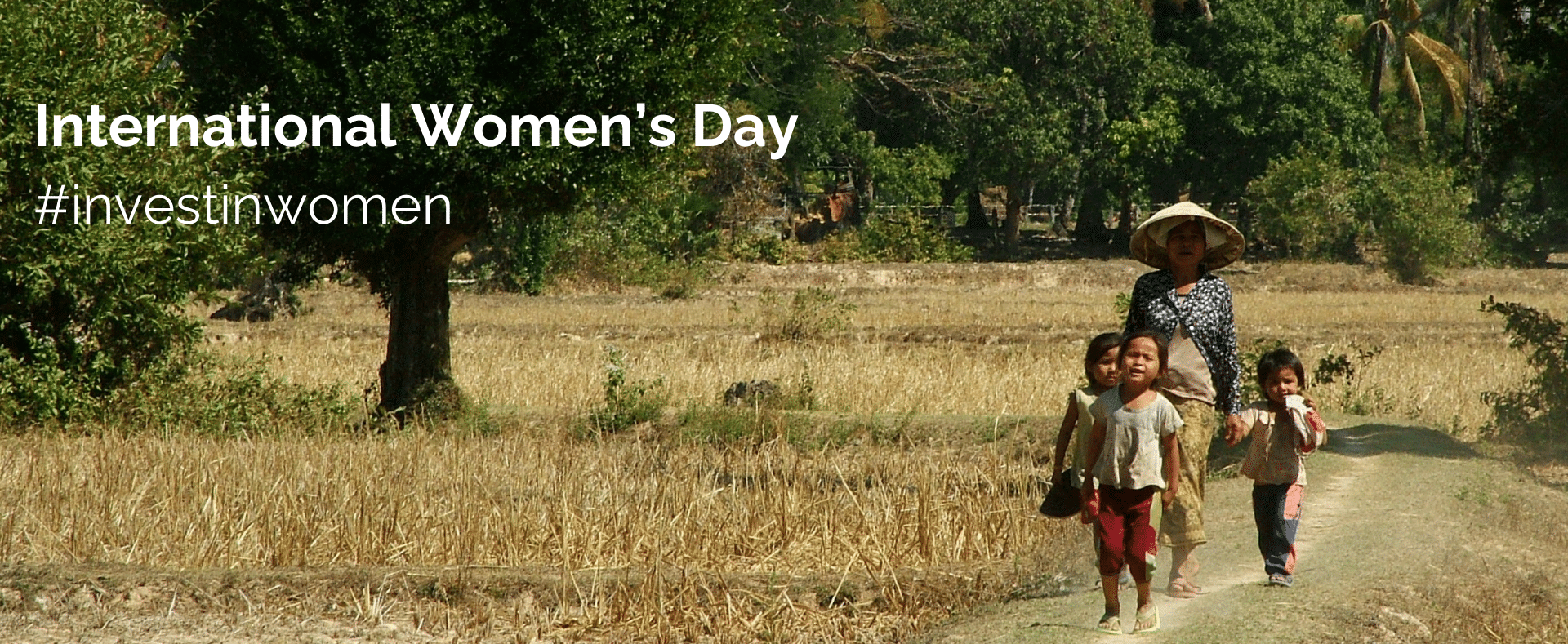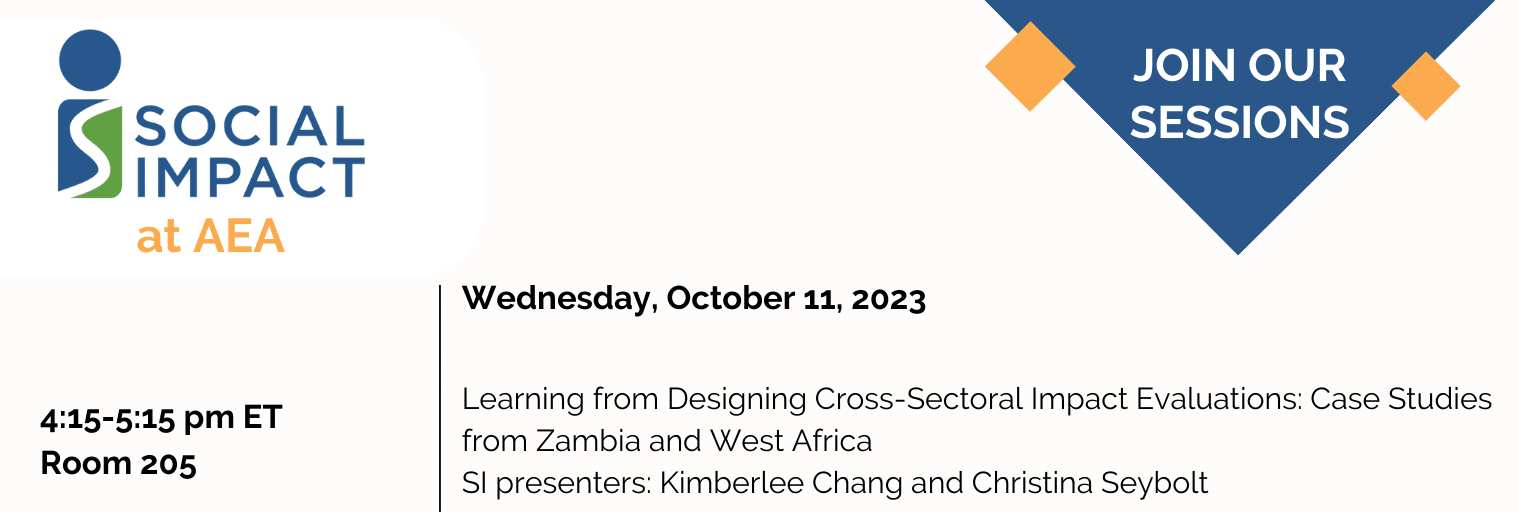Effective knowledge sharing is critical to the successful functioning of a complex organization like USAID. In the Innovation, Technology, and Research (ITR) Hub (formerly the Global Development Lab) in the Development, Democracy, and Innovation (DDI) Bureau we strive to be innovative and agile, and like all of our Agency colleagues, we are highly motivated to achieve successful development outcomes. Innovation, agility, and evidence-driven change make it essential that knowledge is managed and shared in a timely, efficient way.
In this essay we describe Connect & Reflect, an activity that has been both easy to organize and extremely helpful in ensuring that knowledge is shared across ITR’s Technology (T) Division as staff members embark on the implementation of USAID’s Digital Strategy. Launched in April 2020, the Strategy features 16 initiatives, including both inward- and outward-facing digital development efforts. Between 55-60 staff members work on implementing various aspects of the Digital Strategy, primarily based in ITR/T though not wholly; and they are linked to others in the Agency and beyond. All of these people possess technical, institutional, and programmatic knowledge that enables them to implement the Strategy — and this knowledge, when shared, can also be very useful for others’ work as well.
In essence, useful knowledge lives inside the heads of the staff implementing the Digital Strategy, posing a serious knowledge management challenge.
Recognizing this and other challenges, the ITR/T leadership invested in a developmental evaluation (DE) through the Developmental Evaluation Pilot Activity (DEPA-MERL) mechanism to support collaborating, learning, and adapting (CLA) as the Digital Strategy is implemented. To improve knowledge sharing, the DE instituted weekly 30-minute Connect & Reflect sessions for Digital Strategy initiative leads, staff, and other interested parties. (A list of similar approaches can be found on Learning Lab.) The assumption underlying these sessions is that USAID is an organization in which knowledge is transmitted through social networks. Even in (or especially in) a remote context it is important to recognize the social nature of information sharing. The Connect & Reflect sessions provide a venue for Strategy actors to come together to share knowledge and identify collaborative opportunities.
Central to the success of these sessions has been (1) their light lift (no preparation required for participants, and very little required for session leaders); (2) their focus on interactivity through brainstorming activities on virtual whiteboards such as Jamboard, Miro, and Mural; and (3) the short (30-minute) but regular cadence of the sessions. Each week, a Digital Strategy lead chooses the session’s topic and objective and facilitates a discussion with peers. Connect & Reflect sessions have included status updates, peer assists, Ask Me Anything segments, and collective tasks, but as varied as they have been, most have used the same format:
-
The developmental evaluator introduces the leader for each session and invites everyone to stay on afterward if they would like to participate in a mini-After Action Review (mini-AAR) on the session (1-2 minutes).
-
The leader of the session presents an issue, topic, update, or challenge for the group to respond to (5-8 minutes).
-
The group uses Jamboard, Miro, or some other virtual whiteboard to answer the facilitators questions or provide the requested feedback silently (10 minutes).
-
The facilitator reconvenes the group to respond to some of the written comments and arrive at next steps (6-8 minutes).
-
The developmental evaluator closes the session and previews the next week’s topic (1-2 minutes).
-
The session leader, facilitator, and any other participants who are interested meet to confirm the next steps and conduct a mini-AAR.
While the Connect & Reflect sessions occupy only 30 minutes of individual staff time, they are effort multipliers. Typically between 20 and 30 staff attend the sessions, resulting in 10 to 15 total hours of effort put into sharing information, solving problems, and socializing work. The Connect & Reflect sessions are thus intense spaces for knowledge sharing and collaboration. Taking place on Friday mornings, before most staff have begun to carry out their more intensive work for the day, Connect & Reflect sessions uncover opportunities to collaborate and draw on the brain power of everyone assembled.
These sessions have been well received and have resulted in crowd-sourced, actionable advice and input. For example:
-
The session on the new Digital Technology and Science & Innovation Key Issue Narratives resulted in an analysis of the narratives that generated insights useful to many ITR/T staff and even to leadership beyond the Agency.
-
The session on plans to constitute a Youth Digital Leadership Council resulted in valuable input from attendees on the content of the Council sessions and volunteers from across the T Division to co-facilitate them.
-
The session on the review process for new Digital Development training resulted in a revamped communication plan to keep Digital Strategy staff updated on the progress of different modules and expectations for timely feedback.
Knowledge sharing is a challenge across USAID. With very little time or effort, Connect & Reflect enables the Technology Division to learn about one another’s work, collaborate more effectively, and draw on the technical expertise of others, thereby socializing knowledge across the Division and beyond.
——————-
Contributing authors:
Laura Ahearn is a Technical Director with Social Impact. She is currently conducting a developmental evaluation of the implementation of USAID’s Digital Strategy. Previously, she was part of the LEARN contract and worked on the DRG Learning Agenda, the Program Cycle Learning Agenda, and the Self-Reliance Learning Agenda. She has a Ph.D. in Anthropology from the University of Michigan and was a tenured faculty member at Rutgers University.
Eric Keys is the Digital Strategy Monitoring, Evaluation, and Learning Specialist. Prior to joining USAID he carried out various strategic and evaluation duties at the Department of State, Department of Defense, the National Science Foundation and as an applied researcher in Africa and Latin America on agricultural, climate change, and natural resource management interactions. He holds a PhD, in Geography from Clark University and was a faculty member at the University of Florida and Arizona State University.
Photo by: Jolene Faber
